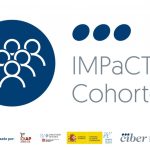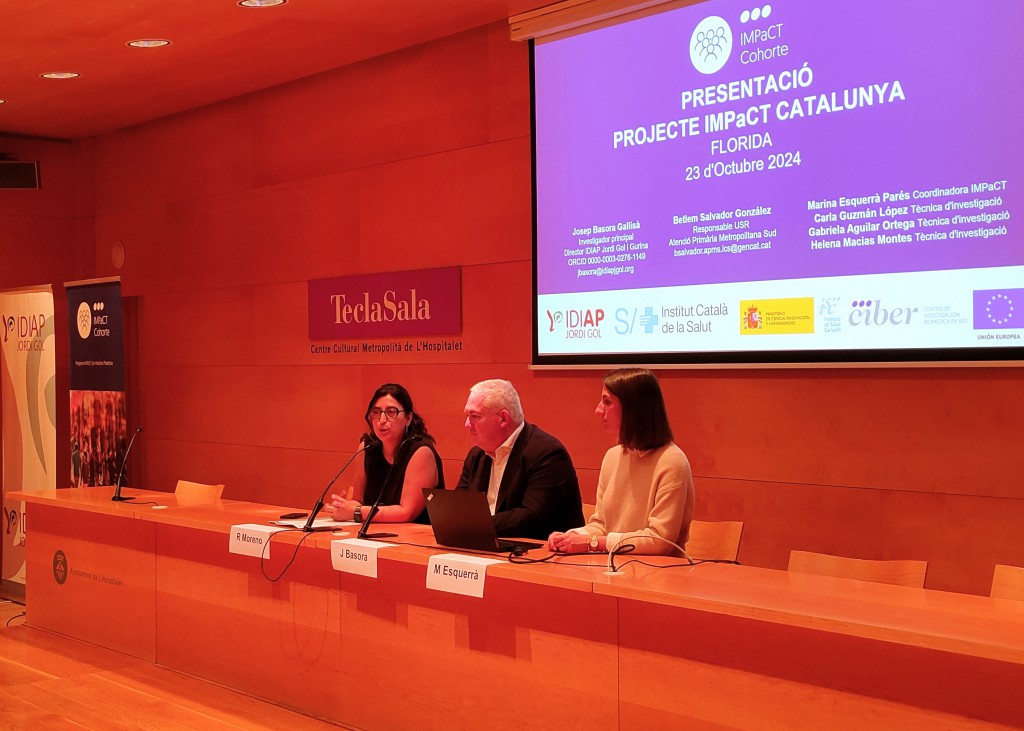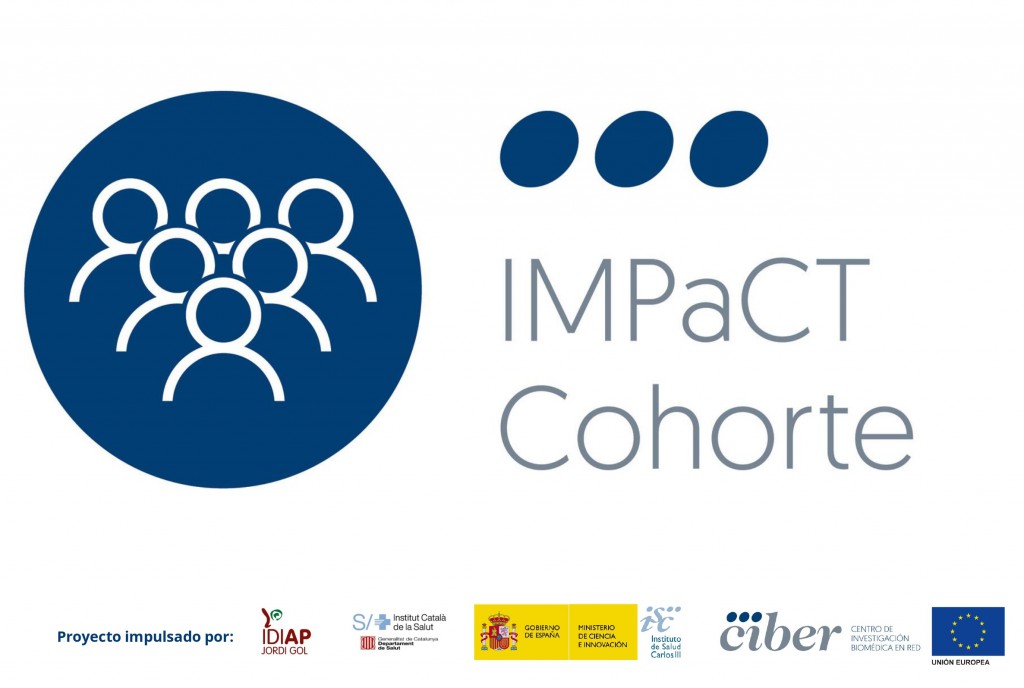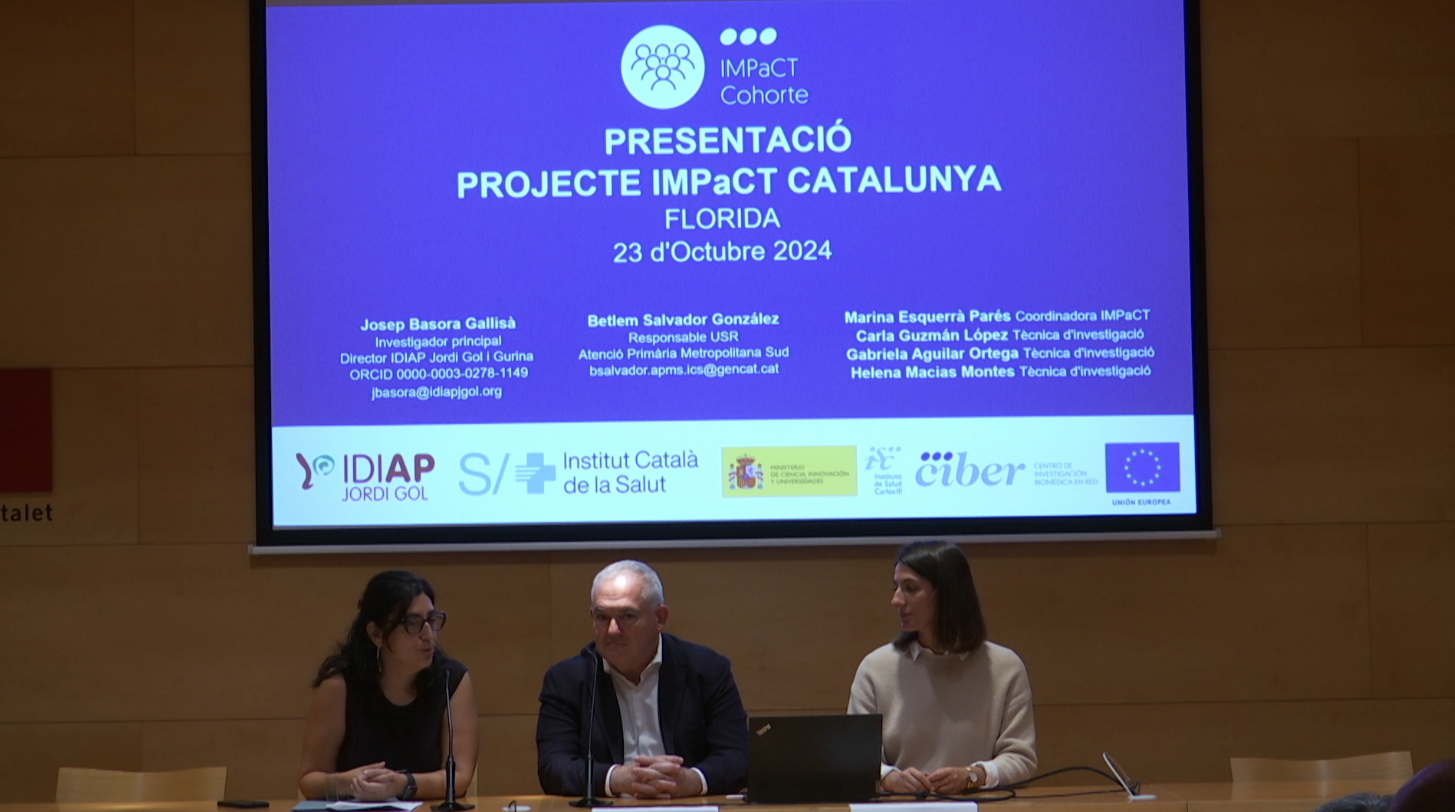

The La Florida neighborhood (L’Hospitalet) participates in the IMPaCT Cohort macro-study, which will analyze the health of 4,000 residents of the neighborhood over 20 years. The objective of the project is to understand the origin and factors that cause the main diseases in Spain, to deepen our knowledge and improve their treatment and prevention in the future. At the state level, the study will collect data on the health status and lifestyle habits of up to 200,000 Spaniards.
The neighborhood of Florida de L’Hospitalet has joined a state macro-study on the origin of the main diseases that affect the population, the IMPaCT cohort. Over the next 20 years, an analysis of the health of the neighborhood’s residents will be carried out, through the data from the Florida Nord and Florida Sud primary care teamsnow divided into two centers.
Of the 50,000 people served by the centers, the study will take as shows 4,000 individuals representative. Thus, these participants will be selected, between 16 and 79 years oldwho will be called to ask if they would be interested in participating in the project. If they agree, For 20 years, the health status of the residents will be monitored, with information about their living habits from questionnaires, as well as the results of the physiological tests carried out in the CAPs. of Florida, such as physiological tests and biomarker analysis.
This project will serve to better understand the origin of diseases, to improve their treatment and prevention through more personalized and precise medicines and therapies. The IMPaCT Cohort is carried out throughout Spain, promoted by the Ministry of Science, Innovation and Universities through its Carlos III Health Institute. The L’Hospitalet project will be coordinated, however, by the Jordi Gol Primary Health Care Research Institute (IDIAPJGol), in collaboration with the Catalan Health Service (CatSalut) and the Catalan Health Institute (ICS). ), who are in charge of directing the initiative in the Catalan region.
“If they call you, participate”
The director of the L’Hospitalet-El Prat Health Sector of CatSalut, Daniel Fernandezrecalled that this study involves “an opportunity to influence your own health and that of future generations”. “If you receive a call from your CAP, do not hesitate to participate”Fernández reiterated, “you will build a healthier future for the entire population.”
The director of IDIAPJGol and principal investigator of the study in Catalonia has also encouraged the hospital population to join the project, Josep Basora. “The collaboration of citizens is essential,” said Basra, “The key to the success of the project is that citizens understand that they will contribute to improving the health of the entire population”. According to the manager of Primary Care and in the Delta Community of the Catalan Institute of Health, Rocio Morenothe IMPaCT Cohort is “one of the largest studies that have been carried out to advance prevention and personalized health care”. And, in this case, “primary care is at the center,” the manager celebrated.

A project that opens doors to prevention
At the state level, the Carlos III Health Institute promotes this initiative through the Network Biomedical Research Center (CIBER), to create a large cohort that reaches a sample of 200,000 people from all over Spain (24,000 in Catalonia). As detailed by the IDIAPJGol researcher and coordinator of the study in Catalonia, Marina Esquerra, “We will be able to know what role day-to-day habits, the characteristics of the Spanish population, the genetic susceptibility of the population and our own environment have in causing health problems”.
Thus, the IMPaCT project opens the possibility of creating a dynamic registry of health information, based on individual data (from each participant) and population data (at a statistical level). This clinical, genetic, epidemiological and lifestyle information — recorded using the study methodology — will provide benefits in more than one area of study: It will allow the design of predictive models for different diseases, as well as identifying the health inequalities that occur among the Spanish population, evaluating the impact of health policies in each territory and monitoring key health indicators..
Information collected for future scientific studies
Thus, based on this information about the population and the factors that cause diseases, it will be much easier to achieve solid prevention in the territory. So, This study will even allow us to predict the greatest risks of getting sick that each person will have. (or population group) in the future, based on the follow-up of the participants in the sample, to offer personalized treatment for years to come. These data will also be collected for use in scientific projects that may be interesting and beneficial to society. As clarified Beatriz Perezthe principal investigator of the study, “the scientific community will be able to better understand the deterioration of health associated with age, injuries and disability, and therefore how to prevent major diseases in the future”.

